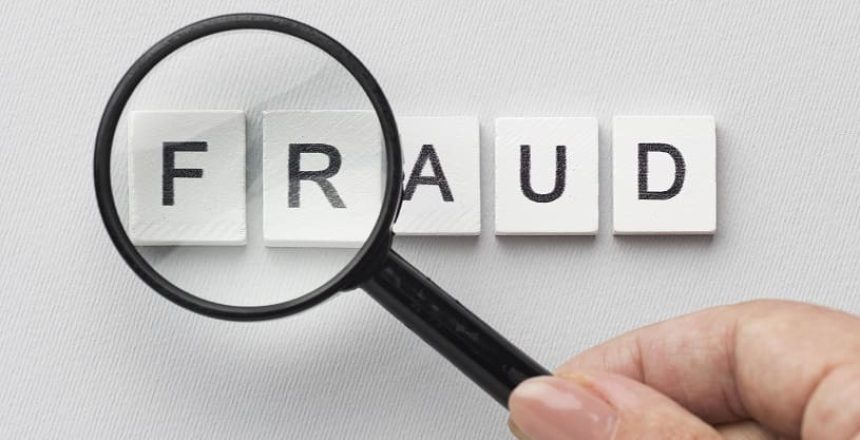Unfortunately, COVID-19 did not disappear with the new year. Now, in 2021, we have to stay on our toes as the “side-effects” continue. One of which is UNEMPLOYMENT FRAUD. It seems harmless at first. Some unknown person submits a claim to the state using your identity. You and your employer receive a notice and report it as fraud. It stops there, right? NOPE! Unfortunately, even with as diligent as you are, it can still slip through the cracks in the system. Claims can be paid out without you knowing until that one day, you get a 1099-G in the mail showing that unemployment has been paid out to you, which you never claimed or received. “According to Gov. Kelly, after an in-depth analysis and IRS Form 1099-G fixes, KDOL has found that from Jan. 1, 2020, through Dec. 31, 2020, about $140 million in fraudulent claim payments have been made from the state’s unemployment program. She also said over $150 million in fraudulent payments have been linked to the federal benefits program, for a grand total of $290 million.” (Motter) What if this happens to you?
Let me give you a scenario of how things may play out. An employee and employer both receive an unemployment claim in the mail. Both report the claim as fraud. The employee may then take the extra step of notifying their bank, monitoring accounts, and locking their credit. Thinking this would keep the employee safe, they stay diligent but do not worry. Then one night, an unsolicited debit card arrives with the employee’s name on it. It is from a bank they do not bank with, nor a bank they are seeking to bank with. The employee calls the bank and finds out that someone had opened an account using their information. Luckily, there is no money or transactions on the account so they are able to shut it down without any issue. Being a debit account though, it did not flag on a credit report or pose a huge risk other than a potential over-draft. As unemployment claims are filed, there obviously needs to be an account associated with it for deposits. The party that files the false unemployment claim opens a fraudulent bank account under the same name the unemployment is claimed under for the money to be deposited into. Then they can link that account to their own to receive the funds. Then the employee receives a 1099-G in the mail showing claims that have been paid. What can you do about this?
Now, I am not an expert on this and everyone’s situation is different. Every state is also different in what to do as well. Please consult with an expert on your specific situation. I will, however, share what I’ve found from the state of Kansas Department of Labor:
If you received a 1099-G form for a claim that you did not receive payment for due to identity theft, you can fill out a request on the KDOL Self-Service Portal under “Dispute my 1099”, making sure to check the box for “I want to dispute my 1099” and upload an Unsworn Declaration to declare you did not receive the benefits that were stated on your 1099-G form issued from the Kansas Department of Labor.
You can also send a written dispute with your full name and last 4 digits of your social security number to the Kansas Department of Labor at the following address:
Fraudulent 1099 Inquiry
Kansas Department of Labor
401 SW Topeka Blvd.
Topeka, KS 66603-3182
Make sure to include the reason of identity theft in your written dispute and a copy of a completed Unsworn Declaration form.
Additionally, if you have not so already, go to www.dol.ks.gov/fraud to submit a report to our Fraud Investigation team. For more information on reporting fraud, see the Unemployment Fraud FAQ page.
Good luck and stay diligent!
SOURCE: Motter, Sarah. “KDOL pays $290 million in fraudulent unemployment claims”. WIBW News. 23 February 2021. https://www.wibw.com/2021/02/23/kdol-pays-290-million-in-fraudulent-unemployment-claims/
Written by Stephanie Pierce
K-State Innovation Partners



